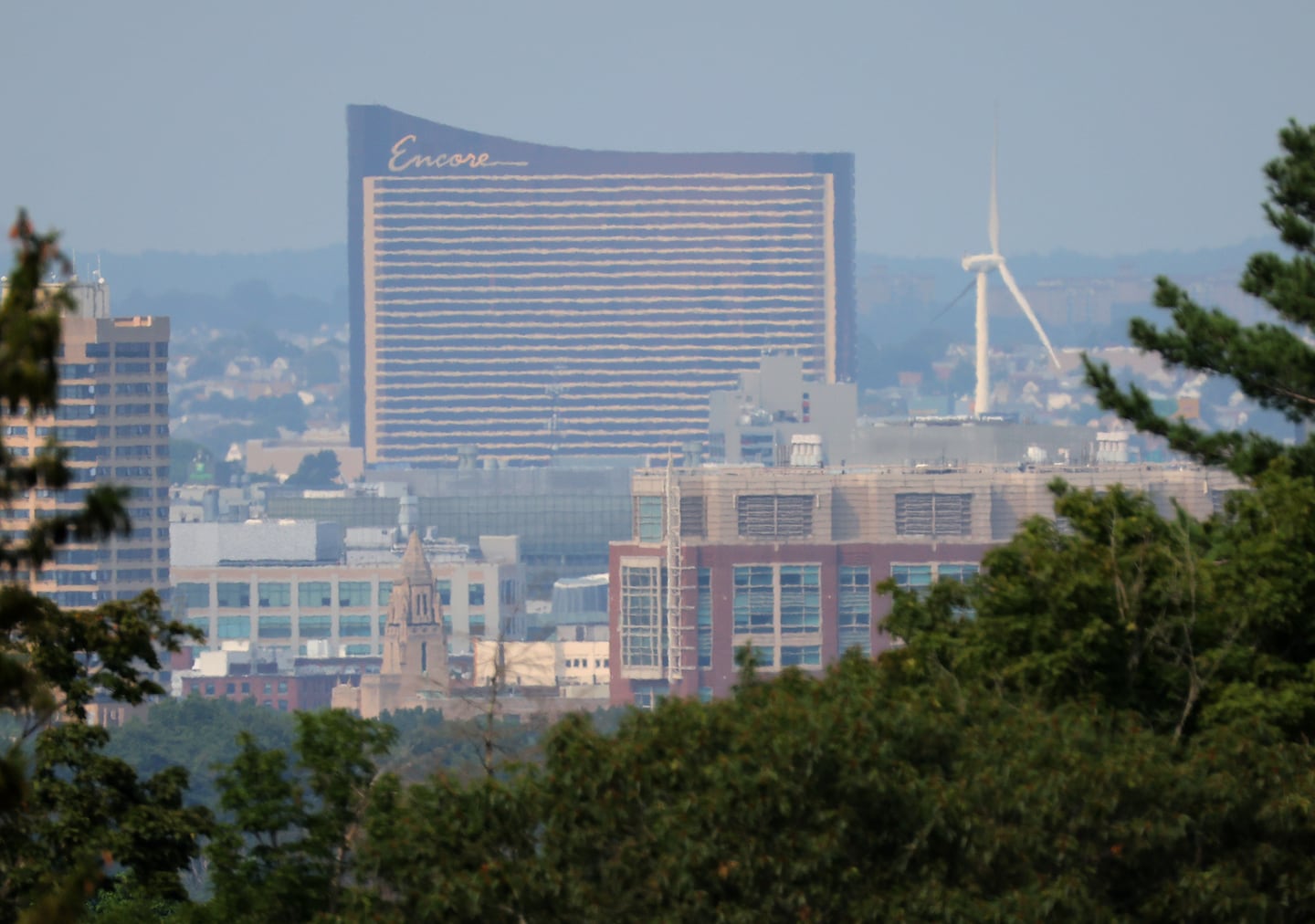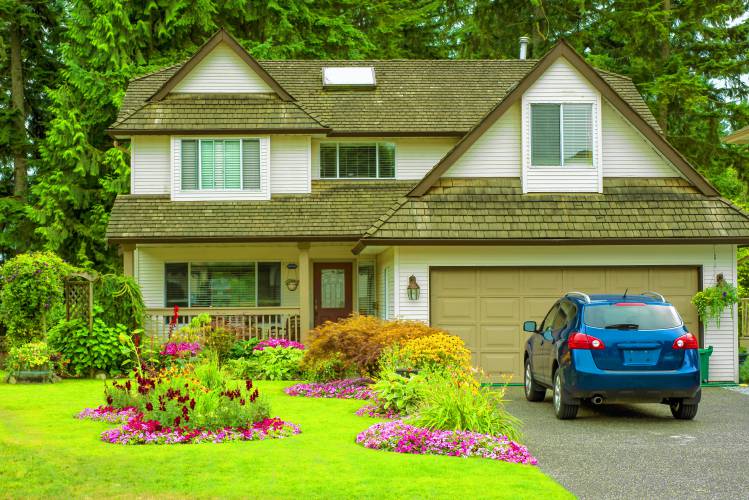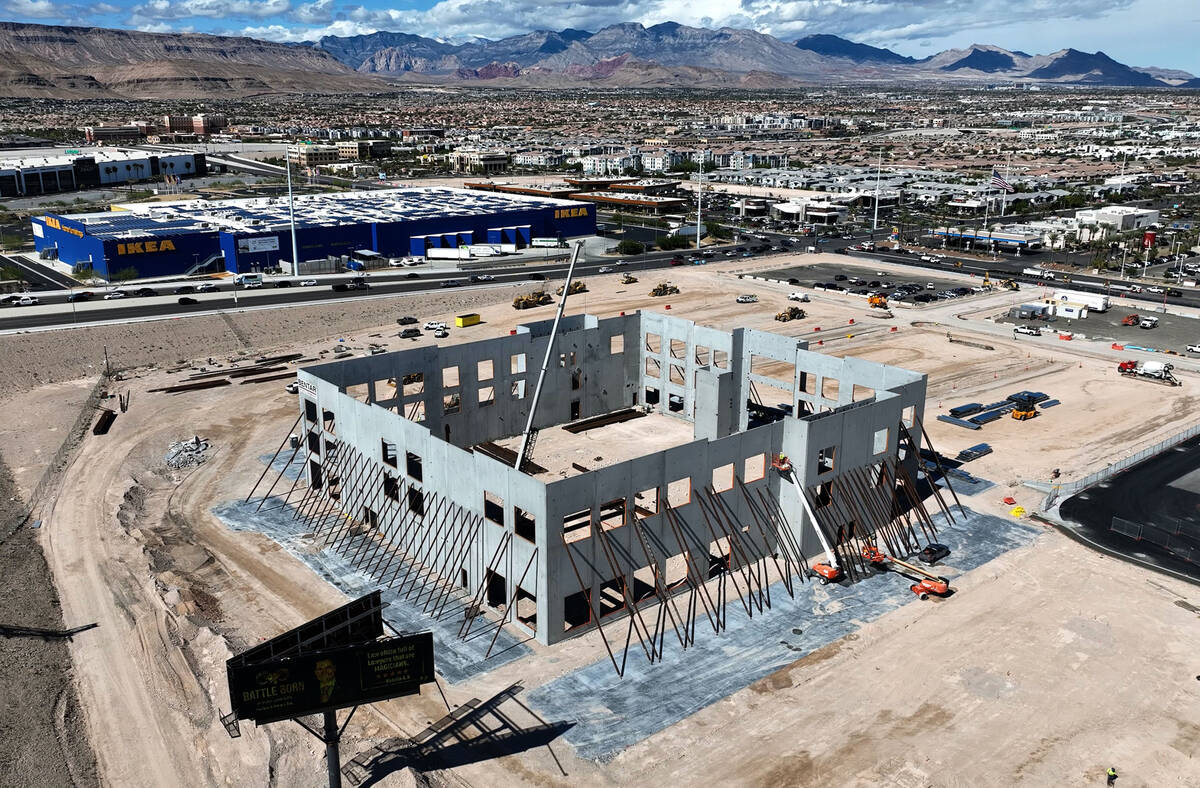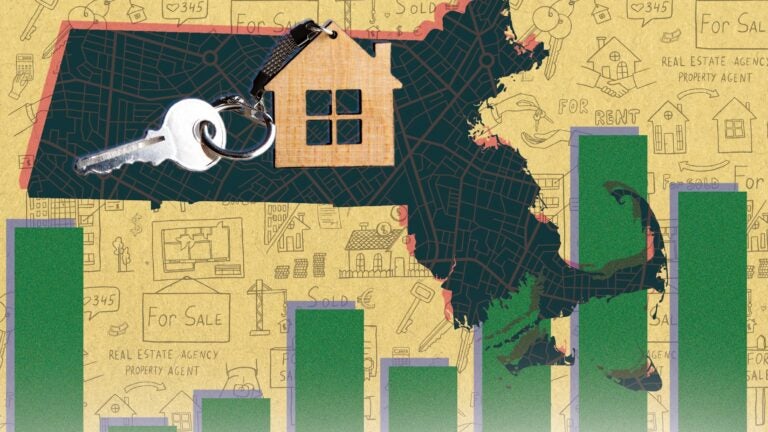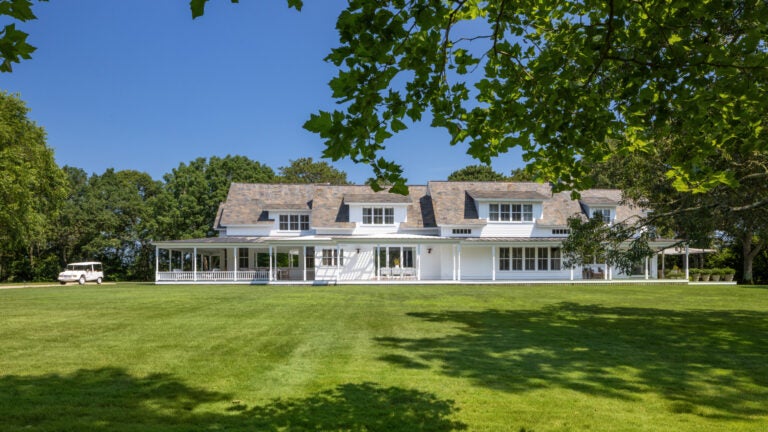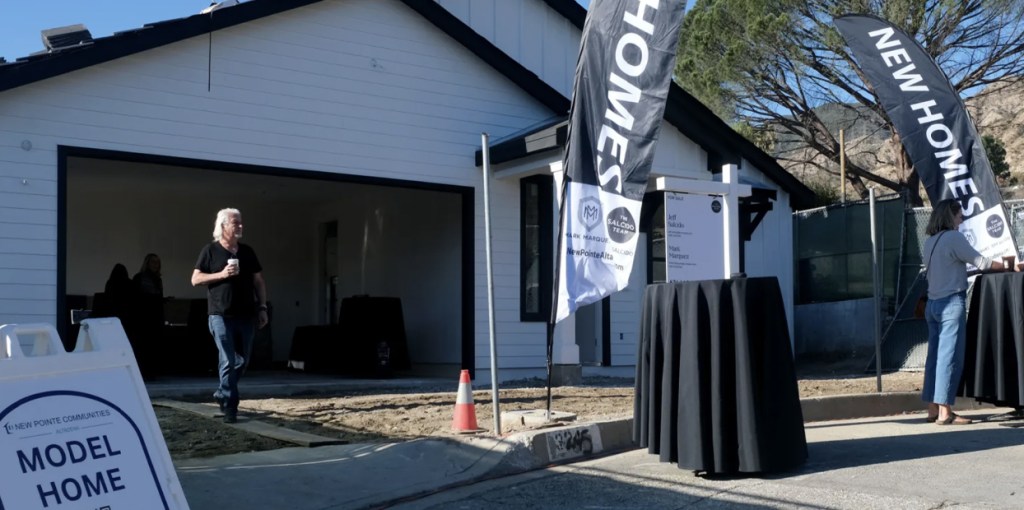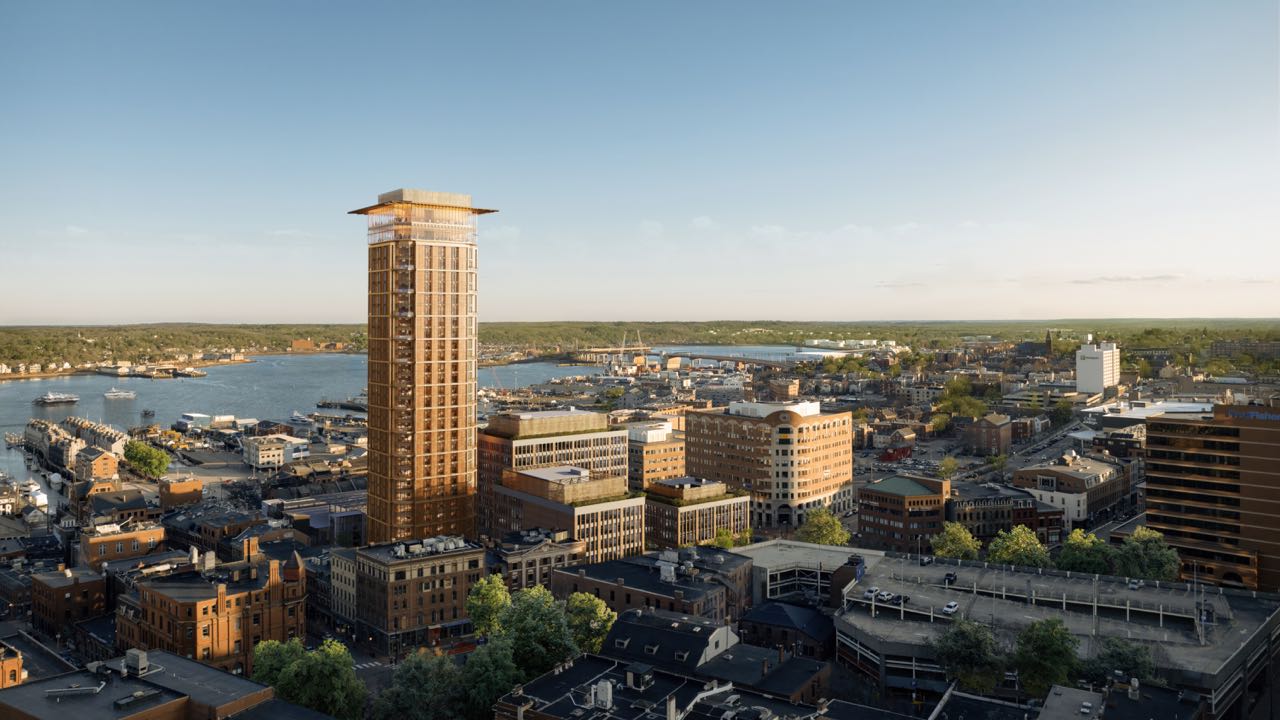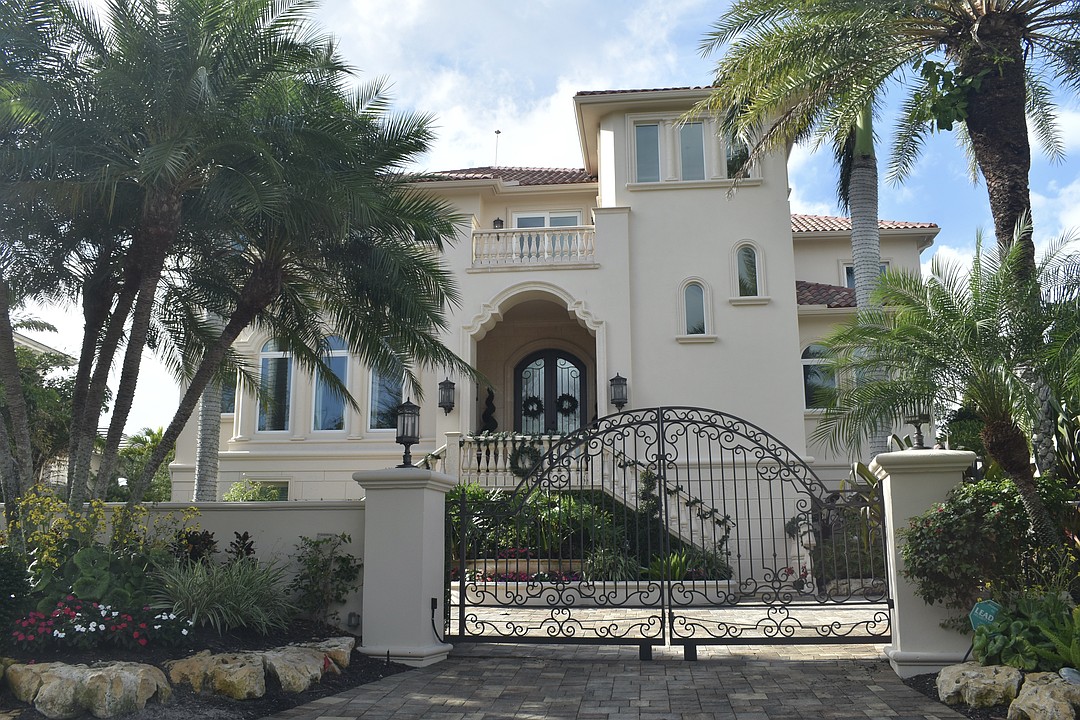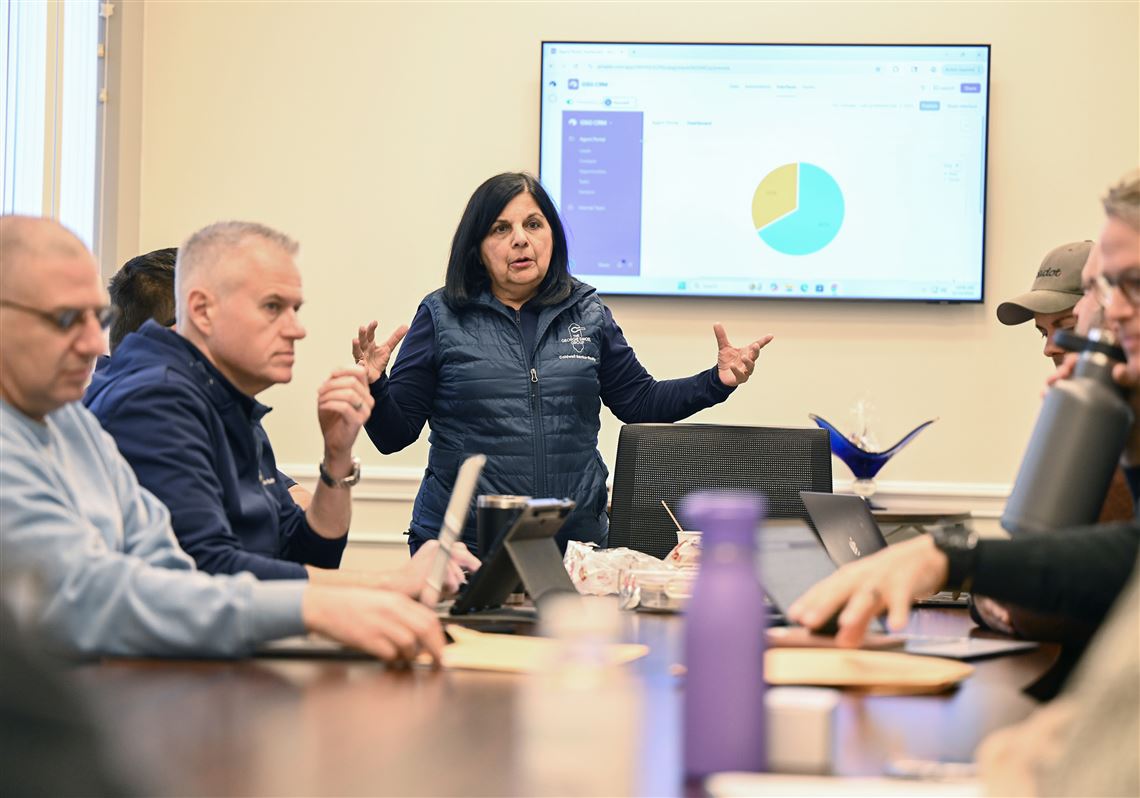E
verett’s skyline is reshaping itself around a handful of key players. Greystar, The Davis Companies, and V10 Development are all pushing multifamily projects through the Commercial Triangle, while the Kraft Group eyes a soccer stadium just a block away. The casino’s arrival has sparked a wave of construction, yet not every crane owes its presence to the gaming complex. A free Encore Casino shuttle now picks up riders near the Chinatown Gate, underscoring the area’s growing connectivity.
Ryan Souls, Greystar’s senior director of development, credits Encore for giving investors a credible anchor, but notes that the real validation came from the market’s performance. “We’ve attracted residents and leased up these buildings at a good clip,” he says. Home‑sale data backs this momentum: Everett’s median single‑family price jumped 38.5 % from 2018 to 2024, and when condos are included the rise is 30 %. Combined home and condo sales spiked 36 % in 2021 before cooling as interest rates climbed from 2.96 % to 6.2 %. Zillow reports an average single‑family value of $626,443 through September, with listings ranging from $600,000 to $700,000, while condos sit between $325,000 and $400,000.
The city’s rapid permitting has been a catalyst. In 2018, Everett rezoned the Commercial Triangle to allow seven‑story mixed‑use projects by right, eliminating the lengthy variance process that stalls developments elsewhere. Planning Board approvals now take two to three months for large projects, a stark contrast to Boston’s multi‑year reviews. Matt Lattanzi, Everett’s planning and development director, explains that the city’s “one‑table” system—where fire, police, engineering, and planning officials meet developers before public hearings—cuts the endless revision cycle. This predictability has turned Everett into a development hotspot, especially as Boston’s high‑rise costs soar.
Property taxes have remained surprisingly stable amid rising values. Lattanzi notes that while the city’s tax rate has barely changed, assessments have doubled for many homeowners. “Without Encore, our taxes would’ve skyrocketed. With Encore, they’ve stayed about the same,” he says, highlighting the casino’s role in offsetting the loss of revenue from the Mystic Generating Station’s shutdown. For long‑time residents, this stability matters; for newcomers, it signals a resilient market.
Future projects are already on the horizon. The Davis Companies is advancing a master plan for 100 acres of former Exxon land adjacent to Encore, envisioning a mix of housing, clean energy, research, and high‑tech manufacturing. The city is also courting a new soccer stadium, with Boston Mayor Michelle Wu and other officials discussing the proposal in August. Infrastructure upgrades, including the Silver Line expansion and a pedestrian bridge linking Assembly Row to Encore, are slated to move forward, further boosting accessibility.
Everett’s growth strategy includes inclusionary housing requirements—developers must build on‑site affordable units, and the city collects linkage fees ($1,000 per unit plus a per‑square‑foot fee on commercial projects) to fund additional income‑restricted housing. While these measures help keep affordability in reach, displacement pressures persist. Long‑time homeowners face higher assessments, and renters confront more complex cost calculations. Yet the casino’s payroll and property‑tax windfall have prevented catastrophic tax hikes, even if they haven’t lowered bills outright.
In short, Everett’s transformation from a scrapyard‑laden industrial town to a fast‑moving multifamily hub hinges on a rare combination of clear, swift regulations and a supportive economic environment. The city’s ability to deliver permits quickly, maintain tax stability, and attract diverse development projects positions it as one of Greater Boston’s few places where large‑scale residential construction can thrive.
